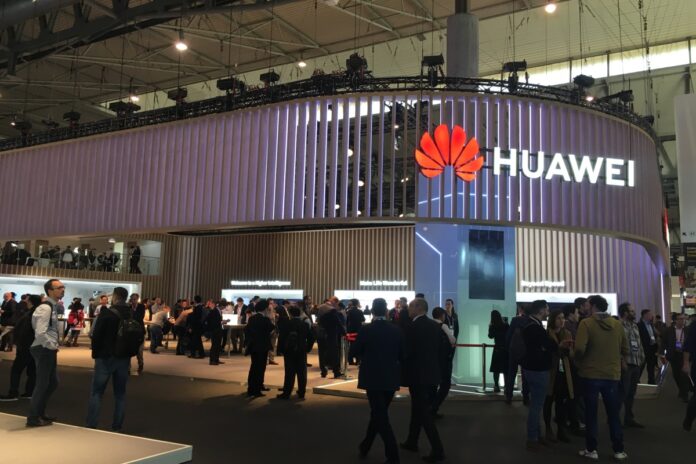Is this sensible or just stocken syndrome?
Germany stands accused of “jeopardising” its own national security and Europe’s by the US, after it made the decision not to completely ban the use of Huawei products from its national telecoms infrastructure. The warning came on Friday from the US House Foreign Affairs Committee. “Berlin didn’t learn from their reliance on Russia for energy and they are making the same mistake by allowing China access to its telecom,” said Republican Representative Michael McCaul.
The Germany Embassy in Washington declined to comment. Germany is reluctant to match the United States in banning all products made by Chinese telecoms equipment makers such as Huawei. However, it will continue to make security decisions on a case-by-case basis, an Economy Ministry spokesperson said.
Berlin’s relationship with Beijing is under close scrutiny after the war in Ukraine exposed the German economy’s reliance on Russia for energy. Now officials are wary of its dependence on China for trade. Germany has come under particular pressure to take action on China’s telecoms gear makers after the US Federal Communications Commission last week banned approvals of new equipment from Huawei and ZTE because they pose “an unacceptable risk” to US national security.
The US Federal Communications Commission banned the sale or import of new equipment made by Chinese surveillance equipment maker Dahua Technology, video surveillance firm Hangzhou Hikvision Digital Technology and telecoms firm Hytera Communications.
A German Economy Ministry strategy paper reported on by Reuters on Thursday urged an increase in the level of scrutiny on the use of components from certain states. The paper mentions legislation introduced in Germany in 2020 that set high hurdles for makers of telecommunications equipment for next-generation networks, such as Huawei.
Under that legislation, individual IT components or entire companies can be banned and declared untrustworthy if suppliers make false declarations, do not support security audits or fail to report or patch vulnerabilities promptly. However it is alleged the wording leaves loopholes.
The 104-page strategy paper suggests going a step further, allowing a ban of components and products made by suppliers in authoritarian states for telecommunications and IT as well as for other critical infrastructure such as transportation or water and food supply.
When asked whether it expected a tightening of rules or even a ban in Germany or the European Union, Huawei told Reuters on Friday it relied on constructive and facts-oriented dialogue. “Secure use of networks is independent of a provider’s country of origin and can only be ensured by means of global standards in international cooperation between industry and regulatory authorities,” Huawei said.



